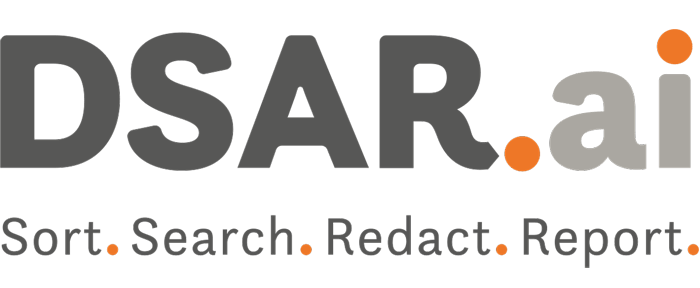Navigating Special Cases in Personal Data for DSARs
Special categories of personal data—such as unstructured manual records, health, educational, and social work data—come with specific challenges when responding to Data Subject Access Requests (DSARs). UK businesses and public authorities must be aware of the unique compliance requirements for each category, particularly regarding cost limitations, search obligations, and exemptions, to avoid falling short of GDPR standards.
Lessons Learned: Understanding the distinct rules for processing personal data categories like unstructured records or credit files is vital for ensuring compliance with DSARs. Businesses should assess their data systems and be prepared to handle specific cases while leveraging tools like DSAR.ai to automate responses and avoid costly non-compliance.
Handling Data Subject Access Requests (DSARs) can be a complex process for UK businesses, especially when dealing with special categories of personal data. These include unstructured manual records, credit files, health data, educational data, and social work data. Each data type requires tailored handling due to specific provisions of the UK GDPR and the Data Protection Act 2018.
Unstructured Manual Records
A notable challenge arises with unstructured manual records, such as paper files not part of an automated system. Although these records are typically exempt from DSAR obligations, public authorities are an exception under UK GDPR Article 2(1A). Suppose a public authority holds unstructured manual data. In that case, it may need to search and provide this information unless the request is vague or the cost of compliance exceeds the set maximum—£450 for most public authorities and £600 for central government bodies.
Costs associated with searching through unstructured records can be high, particularly regarding staff hours, as rates are capped at £25 per hour. Therefore, public authorities must assess DSARs carefully, ensuring clear and well-documented requests before committing resources.
Credit Files and Other Categories
For businesses like credit reference agencies, specific rules govern personal data access. Under the Consumer Credit Act 1974, individuals can request information about their financial standing. Credit reference agencies must also inform individuals of their rights, ensuring compliance with UK GDPR and sector-specific regulations.
Similarly, health, education, and social work data may require additional steps to ensure accuracy, secure handling, and proper consent processes when fulfilling DSARs.
How DSAR.ai Can Help
The complexities of dealing with these special data categories—especially unstructured manual records and credit files—highlight the need for efficient, automated solutions. DSAR.ai can help businesses streamline their DSAR process, ensuring no costly manual oversights or compliance gaps arise. By automating data search and extraction, companies can reduce human error, meet regulatory deadlines, and minimize administrative burdens.
Understanding these nuances is essential for businesses aiming to remain compliant with GDPR while managing DSARs effectively.
 020 8004 8625
020 8004 8625


